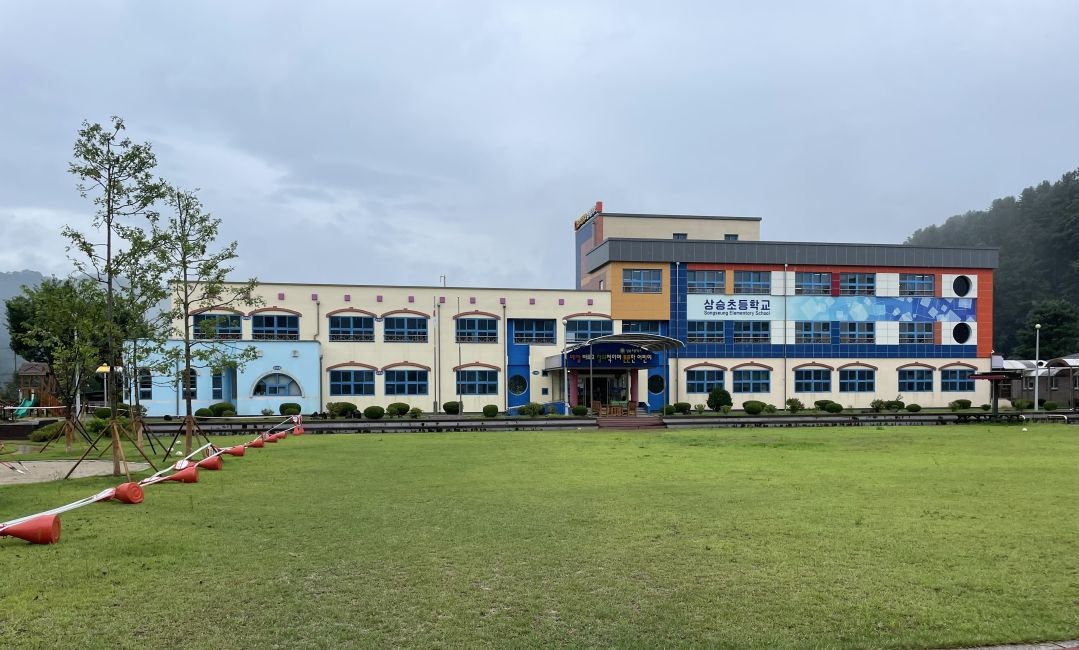Benefits of Choosing to Teach Abroad in South Korea
For those who are interested in Korea, teaching here is a unique opportunity for personal growth through immersion in a new culture and its people. Outside of the cultural aspects, living in Korea has several benefits including a high quality of life, safety, and food. Additionally, Korea’s teach-abroad programs offer some of the most generous benefits for foreign English teachers with free housing, pay, pension, and bonuses. I highly recommend the EPIK program to anyone interested in working abroad and living in Korea!
Why CIEE

Teaching in South Korea offers the unique opportunity to live abroad safely and comfortably. However, getting started on this journey was quite daunting. I knew I wanted to go to Korea since my dad is Korean and I felt strongly about improving my language skills. However, I didn’t know anyone who had taught in Korea before so I was quite nervous about the process. My friend was a CIEE alumni and referred me to the program. He explained that this organization helped him get TEFL (Teaching English as a Foreign Language) certified, walked him through his teaching options, and guided him through the complex procedure required to work in another country. CIEE also offers a $200 referral bonus to the alumni and a $200 discount for the CIEE applicant!
CIEE offered structure for a process completely foreign to me. I often worried about the many documents to prepare and what life would be like living in Korea through the EPIK program. So having a resource in CIEE was extremely helpful in the months leading up to my move. I was able to easily set up virtual appointments with a former EPIK teacher who eased my anxieties by sharing her experiences living in Korea and working at a public school. Even after moving to Korea, CIEE offers a safety blanket that I can trust if I have any questions during my time here. I highly recommend applying to CIEE if you’re interested in teaching English abroad!
EPIK Orientation
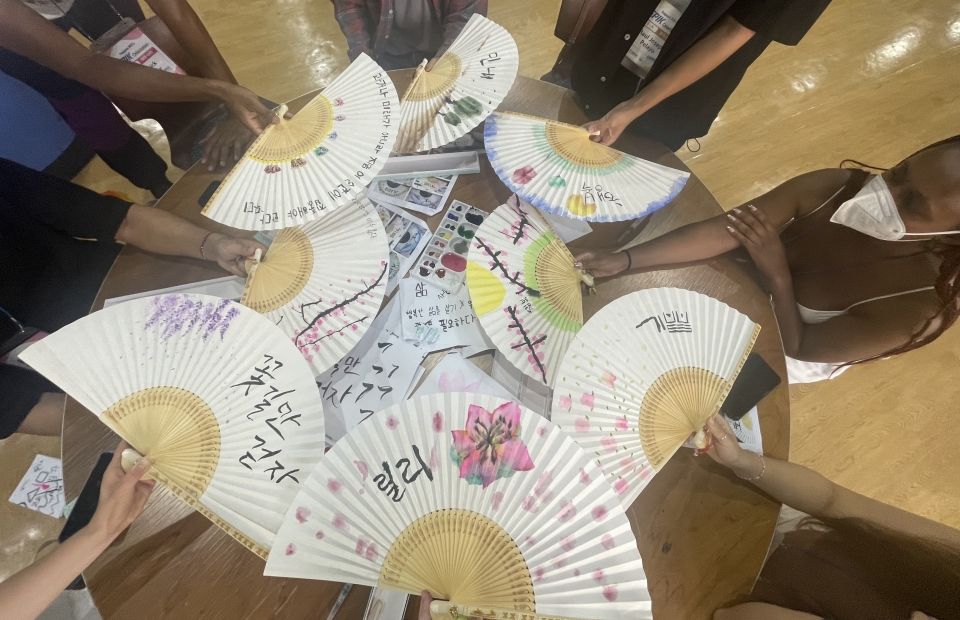
The process for teachers working in Korea through the EPIK program changes yearly. For example, the teachers who had their orientations during COVID had to do a two-week quarantine with a restricted orientation, while others were more akin to mine in a different location. Before arriving in Korea, I was given some information regarding where to meet at the airport, the location of orientation, and a bit about the facilities. So I arrived at Incheon airport at around 4 am and waited until the EPIK desk opened at 8. I was shocked when hundreds of soon-to-be EPIK teachers lined up to get on the bus. Luckily I managed to get on the second bus and departed for the orientation site–Jeonju University!
Upon arrival, we were promptly given our rooms and made it in time for lunch. The dorm rooms were comfortable and sufficed for the week-long orientation. Each day typically had four lectures from different speakers who explained how to lesson plan, how to work with the Korean co-teachers, offered advice on how to navigate Korean culture as a foreigner, and more. There were also activities to bond with the other English teachers, like a movie night, a Taekwondo class, and a K-pop dance session. At times, it even felt like a summer camp for adults since the EPIK staff were extremely friendly and did their best to make it an enjoyable experience.
Living in Korea
Living in South Korea offers insight into a culture of rising global influence with its music, food, dramas, fashion, and other industries. Living here offers the opportunity to see the parts of Korean culture that already interest you and discover parts you might not expect! For me, I discover new Korean foods I’ve never tried, or different takes on the same dish at other restaurants. The food here is far more affordable than in the US (especially since there is no tip here), which is how I’m able to enjoy eating new things without stress! I am also trying to improve my Korean language skills, so I am grateful to have so many opportunities to practice and learn the language with teachers at school, workers in stores, and friends. Through learning the language, I'm able to better connect with locals and learn about the culture.
There are three benefits of life in Korea that I didn’t realize were valuable until living here. First, Korea has accessible and affordable national health insurance. I’m able to go to the hospital anytime without worrying about cost; whereas in the US, I rarely saw the doctor due to insurance stress and complications. So here, I have no worries about going to the hospital, and I even receive acupuncture treatment! The second important aspect of Korea is public transportation. The subways and buses are clean, people are quiet and orderly, and I haven’t yet run into an issue with delays. In New York and DC, there are frequent delays, construction, and litter which can make the experience inconvenient and unpleasant. Finally, Korea is very safe. While I cannot speak on the experience of women here, Korea has far more trust in strangers to act according to the law. For instance, people frequently leave bags at tables unattended without worrying about them being stolen. And perhaps it’s because I’m from the US, that I feel noticeably safer on the streets (since there are no guns).
Benefits of teaching in Korea
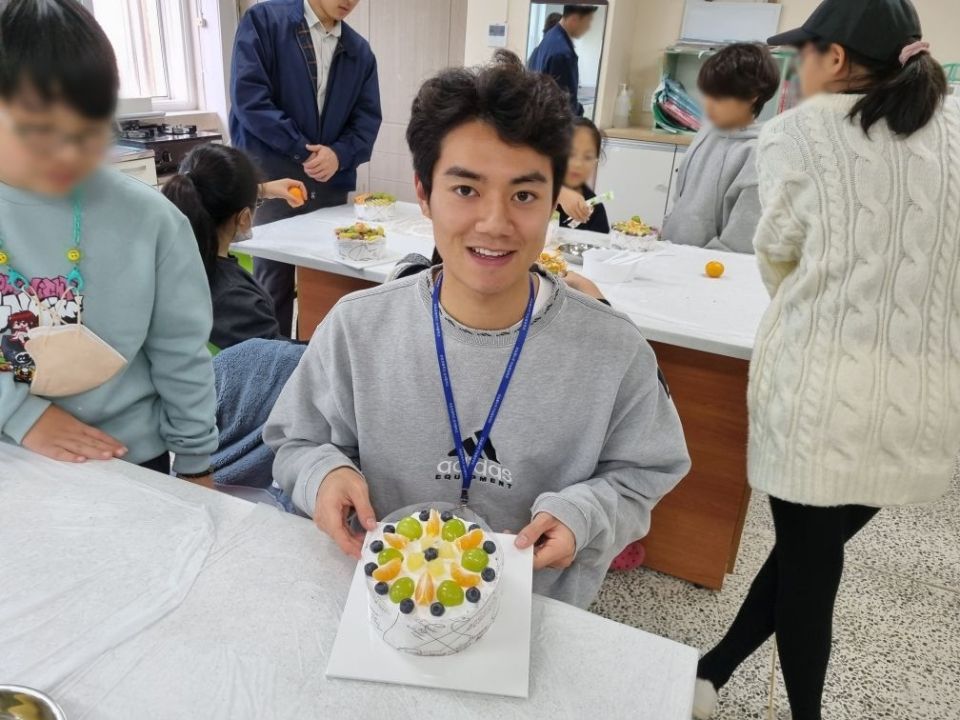
The many benefits of teaching in Korea make it simple and comfortable. The biggest benefit is the free housing. In Korea, teachers are offered free housing in “teacher dormitories.” Depending on your location, these dormitories can be buildings designated for teachers, or scattered throughout a city. Either way, the housing is typically a fully furnished studio or one-bedroom with a kitchen and in-unit laundry. The most expensive part of living in Korea is the housing, so having it covered by the school means the largest expense is taken care of. The only downside to this is the inability to choose the housing yourself, though there may be an option to do that and receive a subsidy instead.
On top of Korea’s monthly salary, which depends on your experience level, several other additional benefits come with being an EPIK teacher specifically. First, as an EPIK teacher, there is a small moving bonus that comes with your first paycheck. And because I have a travel school and the rural school bonus, I receive additional payments each month! Although most schools will avoid working you over time, there is compensation for working over 22 classes per week. Additionally, six months into the program, there is an “entrance bonus” which equals about $1000. I recently received the bonus and was thus able to spend freely during my winter vacation travels :). For teachers who stay and renew with EPIK, there is a pay bonus that continues to increase year to year. Finally, at the end of your time with EPIK, they give you a pension that accumulates by 100,000 won (~$75) per month under contract. So if you stay with EPIK for multiple years, the pay and pension will accumulate quite a bit. Moreover, the free housing and financial benefits make teaching in Korea an extremely safe and comfortable option that allows me to save money while eating out, traveling, and meeting friends.
Finally, there is an appropriate work-life balance when teaching at a Korean public school. I’ve heard stories of the difficulties of working at a hagwon (private English academy) due to their hours, more classes, and fewer vacation days. However, I cannot speak from personal experience about hagwons. What I do know is that public schools in Korea are clear about their working hours (8:40-4:40), with less than 22 classes per week. As a result, I have sufficient time to complete my work during working hours and can pursue my hobbies outside of work. I take bass lessons, play guitar, exercise, study Korean, and have time to go to Seoul on the weekends. And I know others who take yoga or dance classes, for example. The workload of Native English teachers at Korean public schools allows for a fulfilling life outside of work.
Related Posts
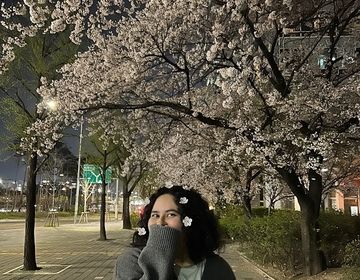
A Comprehensive Budgeting Guide for English Teachers in South Korea
A Comprehensive Budgeting Guide for English Teachers in South Korea Teaching English in South Korea has become an increasingly popular option for young people looking to travel and get some... keep reading
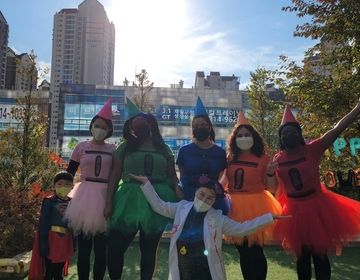
Professionalism in South Korea as a Native English Teacher
As a native English teacher in South Korea, understanding Korean culture and professionalism is crucial for both personal success and the broader impact you can have on your students. South... keep reading
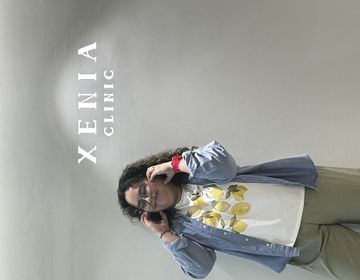
How to Go to the Doctor in South Korea as an English Teacher: A Guide to Healthcare and Health Insurance
As an English teacher in South Korea, maintaining good health is essential while living abroad. Navigating the healthcare system can seem daunting and stressful at first, especially if you can’t... keep reading
